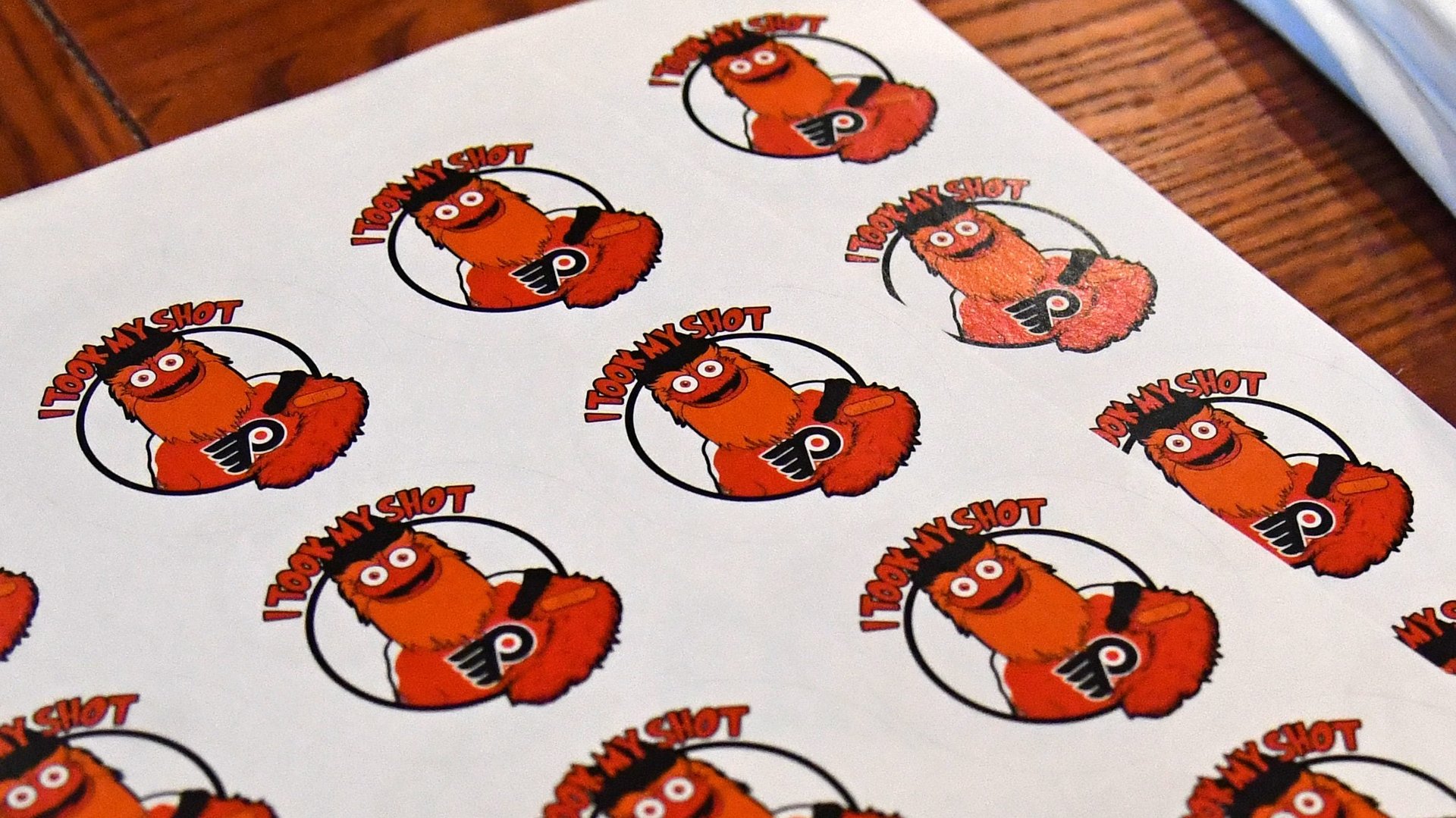Philadelphia is offering extreme vaccine incentives with help from Wharton economists
One would think not dying of an infectious disease that has killed well over half a million people in the US should be incentive enough to get a vaccine.


One would think not dying of an infectious disease that has killed well over half a million people in the US should be incentive enough to get a vaccine.
Yet some local governments are adding further inducements in the hopes of accelerating full immunization. In May, the state of Ohio introduced a Vax-a-Million sweepstakes open to fully vaccinated residents who could win either $1 million or, if they were below 18 years of age, a full college scholarship.
More recently the city of Philadelphia followed the example, setting up sweepstakes that will award almost $400,000 to 36 winners, with prizes ranging from $50,000 to $1,000. Winners will be selected in three draws.
The sweepstakes are more than an effort to incentivize people to get vaccines—it’s an academic study.
How a potential win changes behavior
Philly Vax Sweepstakes, announced June 7 by Philadelphia mayor Jim Kenney, was designed by behavioral economists at University of Pennsylvania’s Wharton School of Business with the goal of studying real-time variations in people’s behavior in relation to potential financial gains. The school provided financial support for the program, too.
One of the scenarios the study will examine is the possibility an unvaccinated person might be selected to win, but would have to decline the prize. This is a feature known as the “regret lottery,” which has been studied and proven effective in changing other health behaviors, says Katy Milkman, a behavioral economist at Wharton who is leading the study.
Further, half of the prizes will be awarded to winners in the city’s “lucky zip codes,” the neighborhoods with the lowest vaccination rates as of May 27 (before the beginning of the initiative) to see whether having higher chances of winning would encourage vaccination. These zip codes tend to be home to the communities disproportionately impacted by Covid-19, and who have higher barriers to vaccination, including lack of education and inability or hesitancy to take the time off to get vaccinated.
Targeted behavioral change incentives
Researchers will be tracking the results of the sweepstakes in real time, and will compare Philadelphia county’s vaccine uptake with that of neighboring counties and with Baltimore, to identify whether the initiative caused significant divergence. Researchers will also track the behavior of residents of the “lucky zip codes” in the weeks preceding the draw, and after.
The expectation is new vaccinations will peak when residents of the zip code have a higher chance of being drawn, but that the volume will remain high even afterward. Social contagion—the tendency to emulate the behavior of people similar to us—would act as an incentive as residents of those zip codes are exposed to more people who got vaccinated, says Milkman.
Researchers will also conduct qualitative interviews to collect feedback from participants to the sweepstakes in order to understand what incentives worked and which didn’t.
So far, this is the only vaccine-incentive program in the country to employ targeted incentives, and Milkman and her colleagues hope, should they work, they might be applied more extensively.